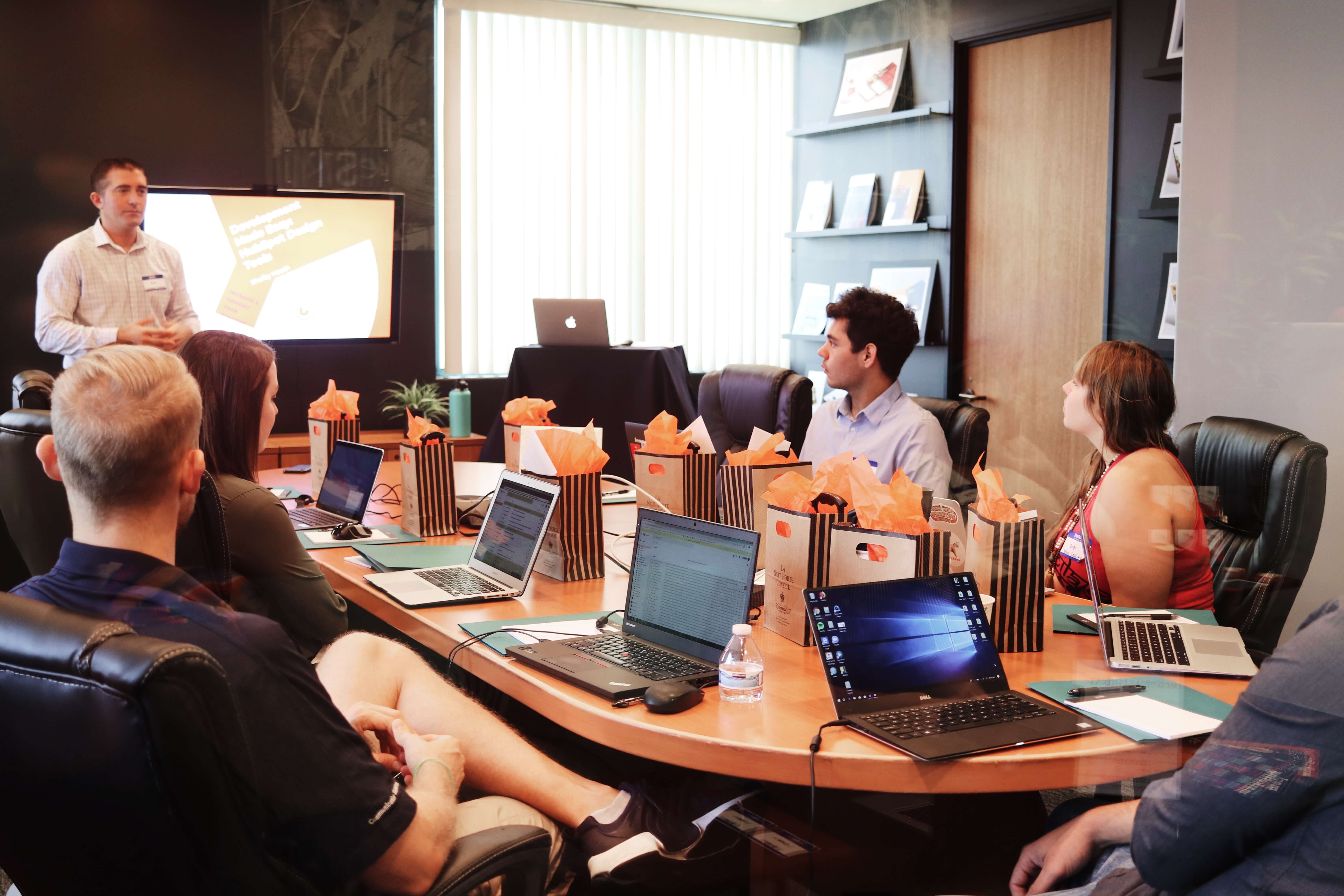Proprietary or prop trading has grown significantly over the last decade. In 2020, the market was valued at $6.7 billion and is expected to grow 4.2% annually through 2028.
While prop trading allows trader-funded firms (TFFs) to make money using their own capital, it also comes with challenges, such as managing market volatility, operational complexity, and regulatory requirements. In this post, we’ll go into the top 5 of those challenges and how you can handle them.
1. Challenges Around Market Risk
Markets are unpredictable. Prices change rapidly, and what looks like a winning trade one moment can lead to losses the next. For prop firms, this uncertainty is a constant hurdle.
For instance, a prop trader might predict a rise in oil prices based on news about supply shortages. But if a sudden policy shift floods the market with reserves, that bet could result in losses instead of profits.
To decrease the impact of market volatility, TFFs should create effective strategies and have risk management protocols and guidelines in place, such as position sizing, stop-loss orders, and risk monitoring.
2. Tech and Infra Challenges
Trading today is all about technology, and prop trading is no exception. You need systems to create challenges, evaluate traders, create demo accounts to execute trades, software to analyze market trends, and so on.
For example, you set up a three-stage evaluation process. The first stage might test basic trading skills. The second stage could focus on risk management under stressed market conditions. The final stage might evaluate long-term consistency. All this happens on demo accounts connected to live market data. If the system fails during demo testing, the firm restarts the evaluation.
However, in live trading, technology failures have a real financial impact. A system crash during active trading means orders might not execute properly. Stop-losses could fail to trigger. Risk limits might break. Even a brief outage could lead to significant losses as positions drift beyond intended limits. What works smoothly in demo accounts becomes far more critical when real money is at stake.
Add to that, building and maintaining these systems isn’t cheap. Low-latency trading platforms, advanced algorithms, and secure IT infrastructure are essential but expensive. And then there’s the risk of cyber attacks, which puts pressure on firms to invest in cyber security.
One solution is Prop Pulse by Brokeree Solutions. Prop Pulse helps proprietary trading firms address technology and trader management challenges. It provides:
- Trader Evaluation Tools: Break substantial challenges into smaller steps to see how traders perform. Pick from 20 clear goals to test their skills.
- Comprehensive Performance Tracking: Check how traders are doing in real time. Simple graphs and stats show results at a glance, all in one easy-to-use place.
- Streamlined Server Integration: Connect multiple MetaTrader 4 and 5 servers into a single Prop Pulse instance.
- Quick Deployment: Start using the platform with minimal setup effort so you can focus more on trading and less on technical blockers.
- Customizable Insights: Get actionable insights into trader performance for better decision-making about recruitment, training, and other operational logistics.
3. Regulatory Challenges
Regulations in prop trading are tough to navigate and change frequently. What one country considers prop trading might not match how another defines it. Some regulators classify high-frequency trading as proprietary trading, while others don’t.
If your firm operates globally, you face an even bigger challenge. There are different rules in every region. Some jurisdictions treat algorithmic trading as prop trading, while others use different standards. These inconsistencies can limit trading strategies and increase compliance costs. And TFFs are often left managing multiple compliance systems that restrict how and where they can operate.
Recent investigations by the Commodity Futures Trading Commission, like those involving My Forex Funds, show why staying transparent is critical. Prop trading may be less regulated than other financial activities, but this doesn’t mean you’re exempt from scrutiny. Your firm must meet regulations based on where you operate and the type of trading you do.
This heightened attention creates new demands for prop firms to demonstrate compliance and risk management practices. To handle this, firms should:
- Share financial and operational data.
- Regularly audit your trading practices.
- Stay updated on changes in local and international regulations.
4. Unexpected Returns
Prop trading firms depend on their traders’ performance to make money. But no trader, no matter how skilled, can guarantee profits every time.
For example, a TFF may invest heavily in promoting its platform and onboarding new traders. It could take months, or even years, to see profits from that investment. This creates pressure to manage cash flow carefully and long-term planning. To navigate this, firms can:
- Diversify income streams.
- Build a pipeline of skilled traders.
- Focus on smaller wins instead of chasing big, risky trades.
5. Trader Acquisition and Retention
Finding and keeping good traders creates another layer of complexity for prop firms. The skills needed for successful trading rarely come together in one person.
Here’s an example of the talent challenge: A prop firm spends three months evaluating 100 potential traders through its testing program. Only five traders pass all tests and start trading live accounts. After six months of trading, two of these traders consistently make money. Then, one of these profitable traders leaves for a hedge fund, taking their proven trading strategy with them. The firm must start its search again while managing the loss of trading revenue.
One way to find skilled traders is by tapping into online communities and using referral programs. Incentives like commissions for introducing brokers or affiliates can also attract talent. Once you have the right people, creating a supportive environment that encourages innovation will help retain them.
Final Thoughts
Proprietary trading offers great potential for firms willing to take on the challenges. But success requires preparation. By understanding the risks and focusing on practical solutions, you can position your firm for long-term growth.




